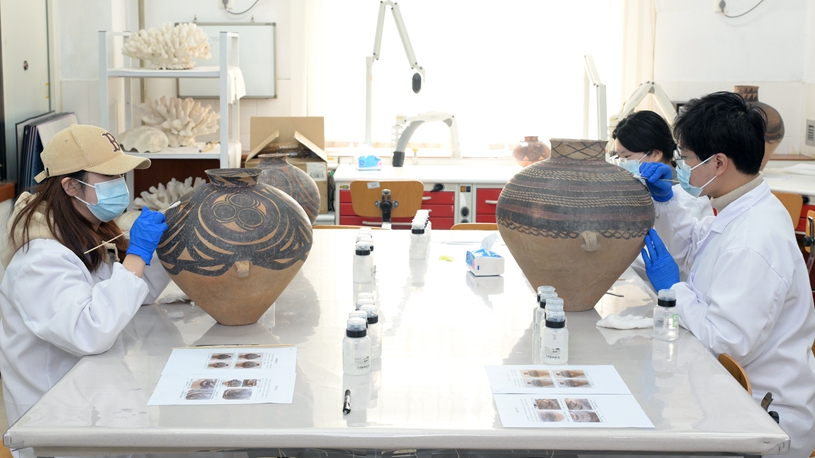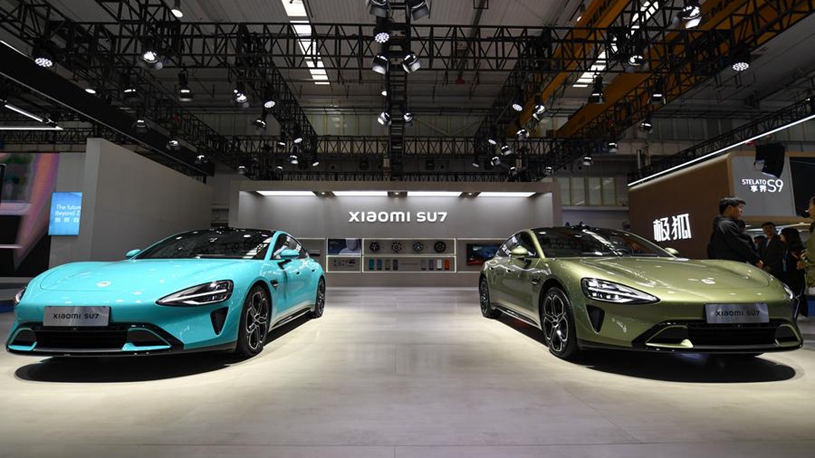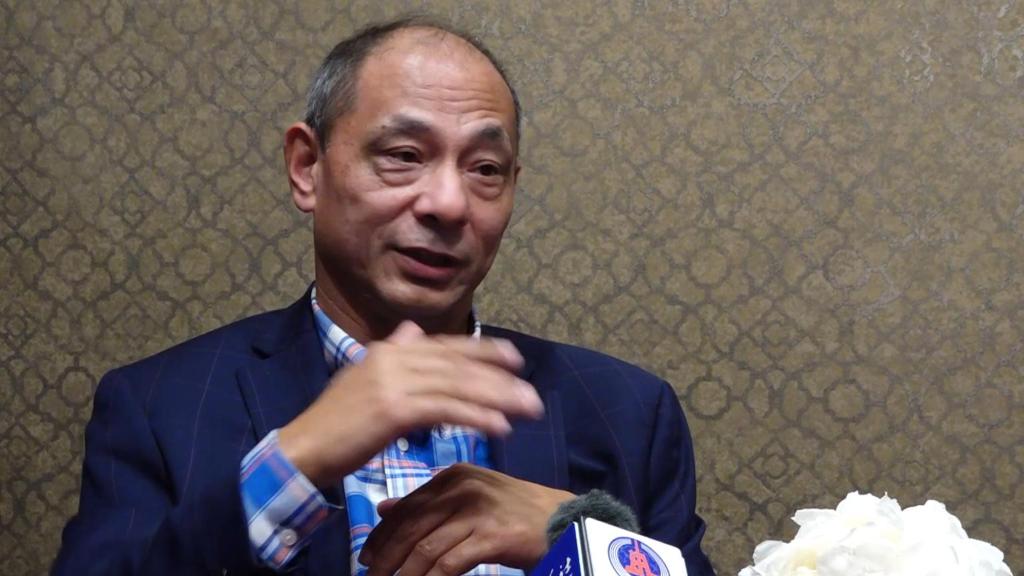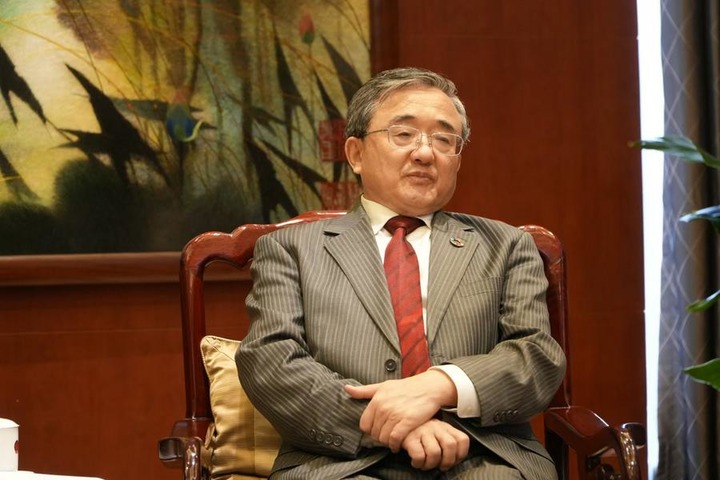
While the EU has been relatively active in supporting climate finance for developing countries in the past decade, it now faces "some challenges and internal divisions," Liu said.
BRUSSELS, Nov. 11 (Xinhua) -- Both developed and developing countries must work together to tackle climate change, China's special envoy for climate change Liu Zhenmin has said, noting that China will work with the European Union (EU) and other parties to advance the implementation of the Paris Agreement.
Liu made the remarks here in a recent interview with Xinhua before departing for Baku, Azerbaijan, to attend the 29th session of the Conference of the Parties to the United Nations Framework Convention on Climate Change (COP29).
Developed countries should take the lead to provide financial support to developing nations in addressing challenges brought about by climate change, Liu said, adding that it is their obligation outlined in the Paris Agreement.
At the 2009 UN climate conference in Copenhagen, developed countries pledged to provide 100 billion U.S. dollars annually in climate finance to support developing countries in their energy transition; however, this promise has yet to be fully fulfilled.
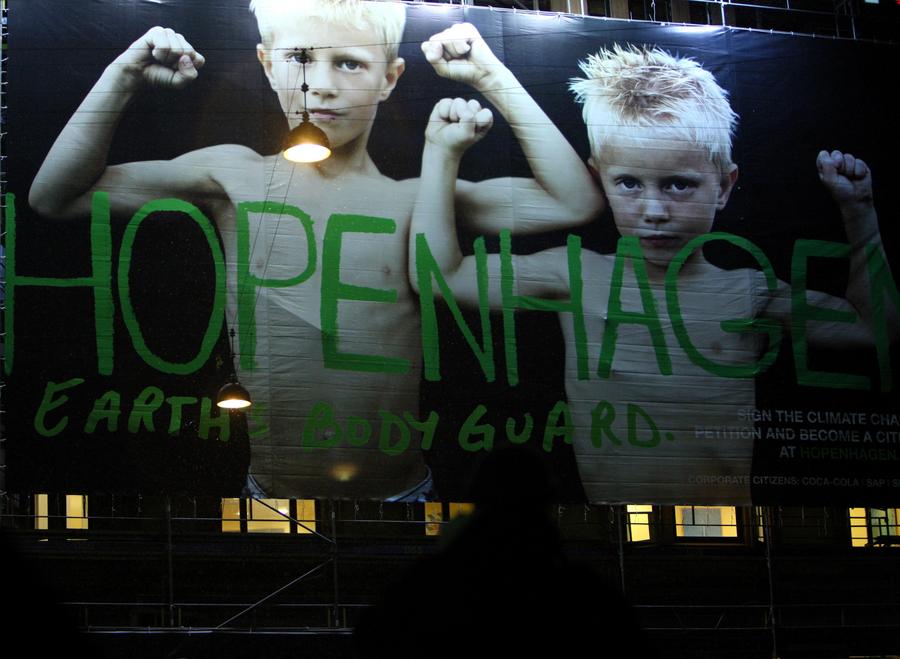
"This funding is modest compared to the vast resources needed for the global energy transition, but it has served as a demonstration of effective global cooperation," Liu said. It can also play an active role in leveraging international market funds and encouraging private investment, he added.
As COP29 will make arrangements for global climate finance targets beyond 2025, Liu believed that it will not be easy for relevant finance negotiations to move forward smoothly.
In a statement issued in October, the Council of the EU announced that the bloc had reached a consensus on its negotiating position for COP29, supporting a new collective quantified goal in global climate finance.
However, the statement did not specify the EU's own responsibilities. Instead, it more than ever urged all countries, even including emerging economies, to shoulder more financial responsibilities.
While the EU has been relatively active in supporting climate finance for developing countries in the past decade, it now faces "some challenges and internal divisions," Liu said, noting that the recent European Parliament elections as well as national elections have revealed that some political parties are less enthusiastic about climate action than before.
"As a significant player in global climate governance, these challenges should not become reasons to shift responsibility," Liu said, urging the EU to continue actively fulfilling its international responsibilities in supporting climate action.
China, as a developing country, has been actively fulfilling its commitment to green transition, Liu said. China is vigorously advancing electrification in the transportation sector, and high-speed railways have become a major mode of transportation for the public, reducing greenhouse gas emissions. Electric vehicles are also rapidly gaining popularity, helping to cut emissions and reduce pollution.
Regarding the COP29, Liu said China will work with the EU and other parties to constructively engage in all agenda items, striving to achieve significant outcomes and advance the comprehensive and effective implementation of the Paris Agreement, and meanwhile, China will continue to support other developing countries through South-South cooperation, providing assistance within its capacity.
"Addressing climate change requires the joint efforts of both developed and developing countries, and China will remain a steadfast promoter of global climate cooperation," Liu said. ■





